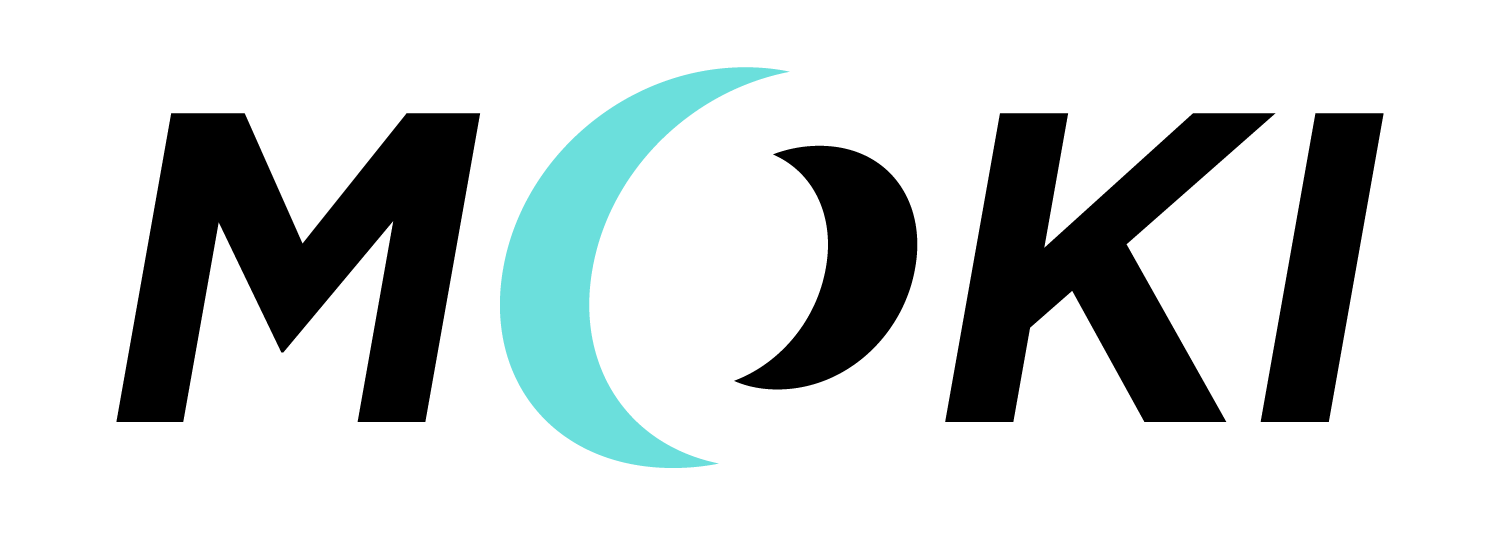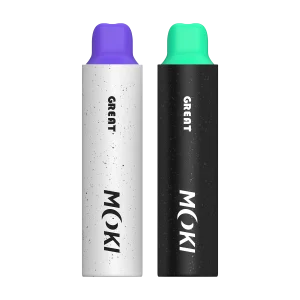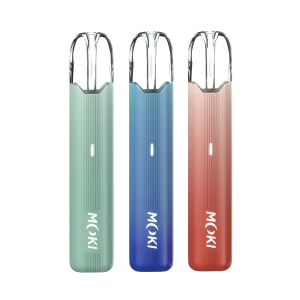What e-cigarette regulations will published in 2024?
Restricting Vape Brand Exposure: As the largest e-cigarette market globally, every action in the United States is seen by the market as a weathervane. Sience 2024, e-cigarettes, which previously enjoyed differentiated regulatory treatment, will be subject to marketing restrictions similar to those of traditional tobacco:
From January 1, 2024, New York State will begin to implement stricter marketing restrictions on e-cigarettes and vaping products.
These include: the brand name, logo, or any other identifier of e-cigarettes cannot appear on any product other than the actual e-cigarette; gifts related to the purchase of e-cigarettes cannot be provided; and brands cannot sponsor events such as sports competitions and concerts.

In addition to marketing methods, the United States will also reduce the exposure of vape devices to young people by restricting the design of the products themselves. In June of this year, the governor of Texas signed a bill from the House of Representatives, stipulating that from January 1, 2024, the design of e-cigarettes mainly targeting minors, such as candy or juice packaging, will be prohibited; the appearance also cannot use child cartoon images, symbols used to sell products to minors, or celebrity images.
Restricting Flavors to Attract Youth: In addition to appearance and packaging, flavor is also widely regarded as an important aspect of the product’s attractiveness to young people. The Netherlands’ e-cigarette flavor ban, which was passed in 2021, will take effect from January 1, 2024. The ban was originally scheduled to take effect from June 2022, which is 18 months later than planned. According to 2FIRSTS, the Dutch government’s goal is to achieve a smoke-free society by 2040; the government is making every effort to reduce smoking behavior, including raising the price of vapes to 10 euros during this government term.
Starting this year, heated tobacco products will also face flavor restrictions in more countries.
From January 1, 2024, all heated tobacco products except for tobacco flavor will be discontinued in Bulgaria.
This regulation is included in the amendment to the country’s tobacco and tobacco products law, which was smoothly passed without any debate when approved by the House of Representatives. In addition, each heated tobacco product packaging must display a warning, emphasizing the relevant risks during use.
The update of this amendment is a response to the Tobacco Products Directive issued by the European Union; otherwise, the country may face criminal proceedings.
“Entry Bans” and Rising Taxes: In addition to detailed regulation from flavors and marketing, many countries’ regulatory authorities have also started to implement stricter “package measures” from January 1, thereby increasing the difficulty for certain groups to obtain disposable e-cigarettes.
From January 1, 2024, disposable e-cigarettes will be banned from entering Australia.

On the same date, the country will also relax the prescription rights for e-cigarettes, which will no longer be limited to general practitioners; Australian doctors and nurses will have the right to prescribe vapes for patients, who can purchase them at pharmacies.
This move has not been without criticism. Some observers say that prescriptions in the country are just a formal policy. After the ban on disposable e-cigarettes entering the country, the legal e-cigarette business in Australia, which has almost no market, can be expected to be further compressed. It is reported that the market share of compliant e-cigarettes in Australia is less than 5%.
Some countries also choose to change the trend of domestic consumers using e-cigarettes by raising taxes. From January 1, 2024, Belgium will tax vape liquid at 15 cents per milliliter; Indonesia’s tobacco tax will be increased by 10%, and the consumption tax on vapes will be increased by 15%. The two combined, starting this year, Indonesia’s e-cigarette industry will bear a tax rate close to 30%.
The extent of the tax increase and the decision-making method of both countries have aroused controversy. Belgian consumers and retailers say that the new tax may stimulate consumers to return to traditional cigarettes, which pose greater health hazards; Garindra Kartasasmita, Secretary-General of the Indonesian E-cigarette Industry Association, said that a 30% tax “is unfair to the emerging industry composed of small and micro enterprises.” He also said that during the planning process of implementing vaping devices taxes in 2024, domestic rights groups did not participate sufficiently. The entire decision-making process was “behind closed doors.”
- Can the detailed regulation of packaging, marketing, and flavors effectively reverse the trend of young people using e-cigarettes?
- Can the package of “lock country orders” and high taxes help to create a higher quality compliant market?
- Can the process of introducing new regulations worldwide become more transparent?
- Can the voices of various stakeholders in the industry be better heard?
In 2024, we will have the answer.









